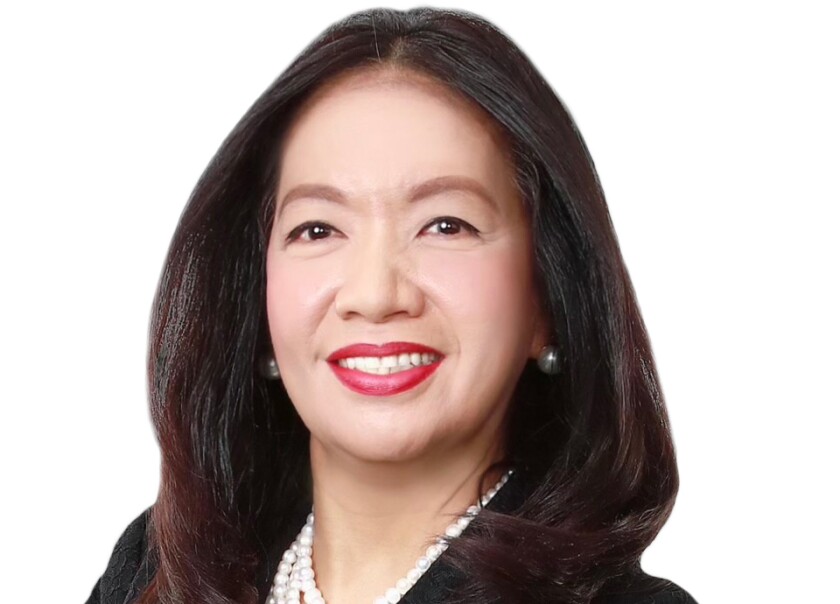The Philippines has long owed a debt to its overseas foreign workers (OFWs). Even after the disruptions of the pandemic, overseas workers sent back $31.4 billion to the country in 2021, and the central bank expects a 4% rise in that number this year.
From Singapore to Saudi to a thousand merchant ships around the globe, these workers routinely send home sums equivalent to around 9% of the Philippines’ GDP.
“Historically, OFWs have played a significant role in fuelling the country’s economic growth,” says Leila Martin, chief executive of Overseas Filipino Bank. “Now they are significantly contributing to our efforts to respond to the global health and economic crisis brought about by the Covid-19 pandemic.”
OF Bank is a new institution – or more accurately an old one in a new form – which represents one of the signature missions of the now-ending regime of president Rodrigo Duterte: financial inclusion.
We are trying … to make digital banking more accessible, more palatable to the appetite of Filipinos who traditionally are not very much into digital banking

OF Bank was formed out of the Philippine Postal Savings Bank as a wholly owned subsidiary of Land Bank of the Philippines, which is a state institution historically focused on serving the needs of farmers and fishermen.
With

